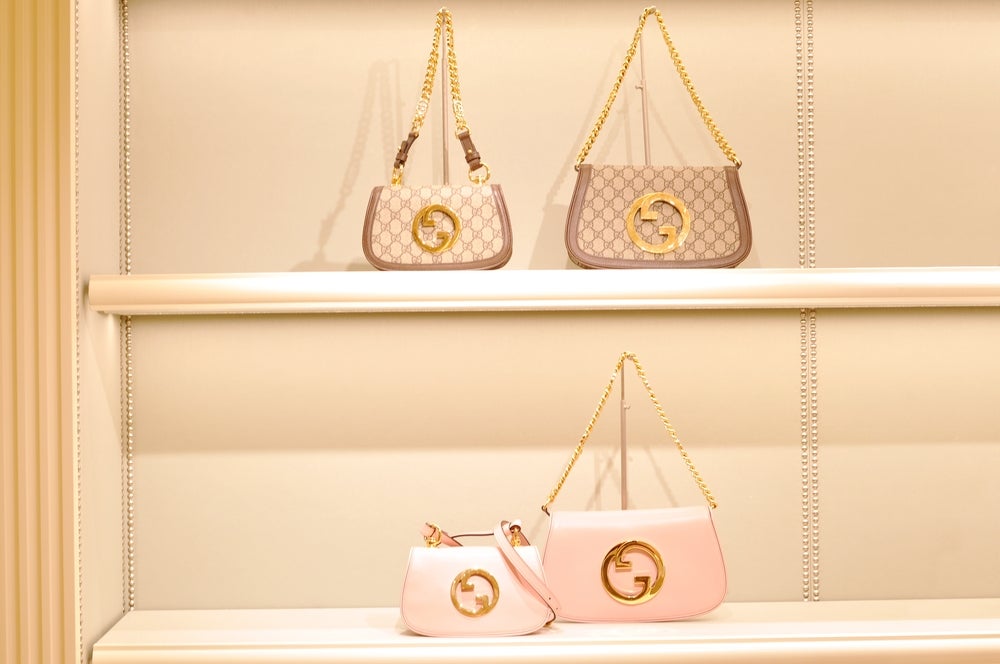
The prices of premium goods and services dropped for the first time in over a decade in 2024-25, according to Julius Baer’s 2025 Wealth and Lifestyle Report.
The Swiss private bank‘s virtual shopping basket, which tracks luxury spending across 25 global cities, recorded a ‘quite exceptional’ 2 per cent drop on average in US dollar terms. The premium index of good and services used to measure how HNWs can live ‘extremely well’ includes business class flights, private school fees, fine dining, healthcare and hotels, alongside luxury products such as women’s handbags and shoes, treadmills and tech products.
[See also: Sainsbury’s heir: hitting rich people with a stick doesn’t work]
Goods prices fell by an average of 3.4 per cent, while services dipped 0.2 per cent. Historically, high-end consumer prices have risen at twice the rate of mainstream inflation, but higher interest rates, Europe’s energy price increase and China’s property crash and export boom are driving factors behind the price dip, according to the report. US election uncertainty and the threat of a global trade war at the time data was collected, were also contributing factors, the report says.
Value over heritage
In another first, the report shows ‘value for money’ topping ‘heritage and innovation’ as the main purchasing consideration for respondents buying luxury goods and services in Europe. The shift falls inline with wider conservative financial behaviours in the region, where wealth creation and preservation are listed as top priorities.
A slowdown in fashion and accessories shows a more strategic approach to HNW spending, while education and travel time are seen as investments. Private school fees rose by 5.1 per cent – driven in part by Labour’s new VAT on fees – and business class flight costs increased by 18.2 per cent, as HNWs increasingly opt to travel in luxury for leisure, as well as for work.
‘While spending on luxury goods may be faltering, spending on luxury experiences – such as fine dining and high-end holidays – is robust,’ the report notes.
While last year’s index saw the biggest price increases in fashion and jewellery, the report authors say the downturn is a ‘wake-up call’ for luxury brands that had become too ‘comfortable’. Some luxury brands have already diversified by expanding into the travel and hospitality industry, such as LVMH’s travel brand Belmond, which offers bespoke travel experiences including premium sleeper trains, Michelin-star chefs and high-end holiday properties.
Tech tumbles
Despite a drop in jewellery demand, men’s premium watches have increased in price by 5.6 per cent, reflecting their appeal as collectable investments.
While luxury fashion accessories slumped, the sharpest price drop was in technology, at 22.6 per cent year-on-year. This is largely down to price cuts on MacBooks, following Apple’s introduction of a new chip, the report states.
Health and wellness remain top concerns for HNWs. Almost all those who took part in the survey expressed interested in longevity and ageing well, with 100 per cent of Asia-Pacific participants ‘actively taking steps’ to live longer.
The wealthy are spending more on everything from eating well and exercise to gene therapy and cryogenic chambers, the latter of which are used by 21 per cent of the APAC participants.
An ongoing focus on experiences, coupled with increased investment in longevity – and the wealth required for a longer life – has slowed spending on status symbols such as new cars and fashion accessories, as the rich rebalance their priorities.
London climbs city rankings
The Julius Baer data shows Singapore remains the world’s most expensive city for the rich to live in. London has climbed to second place, thanks in part to a steady pound and slower inflation drop than other countries. Hong Kong – which held second place last year – is now in the third spot.
With two APAC cities in the top three most expensive in the world, the region shows itself to be the fastest-growing globally.
‘Real GDP grew 4.5 per cent year on year in 2024 – moderating slightly from 5.1 per cent in 2023 but still outpacing the global average of 3.3 per cent,’ notes Jen-Ai Chua, Julius Baer’s equity research analyst for Asia.
‘Meanwhile, inflation has largely been kept in check at 4.5 per cent in each of the past two years,’ Chua continued. ‘Firm fundamentals have set the stage for the rapid ascent of wealth in the region. The number of high-net-worth individuals in Asia is projected to have grown 5 per cent year on year to 855,000 in 2024.’
Monaco and Zurich have each moved up one place to fourth and fifth spots, respectively. Paris dropped one spot to ninth place in the rankings, while Milan, which has seen a soaring 52 per cent increase in residential property prices, held steady in 10th spot.
[See also: Why so many wealthy Americans are moving to the UK]
Dubai has jumped five places to become the seventh most expensive city for HNWs, further compounding the Emirate’s reputation as a growing wealth hub. Other cities that took huge jumps up the rankings are Bangkok and Tokyo, each climbing six places to 11th and 17th respectively.






